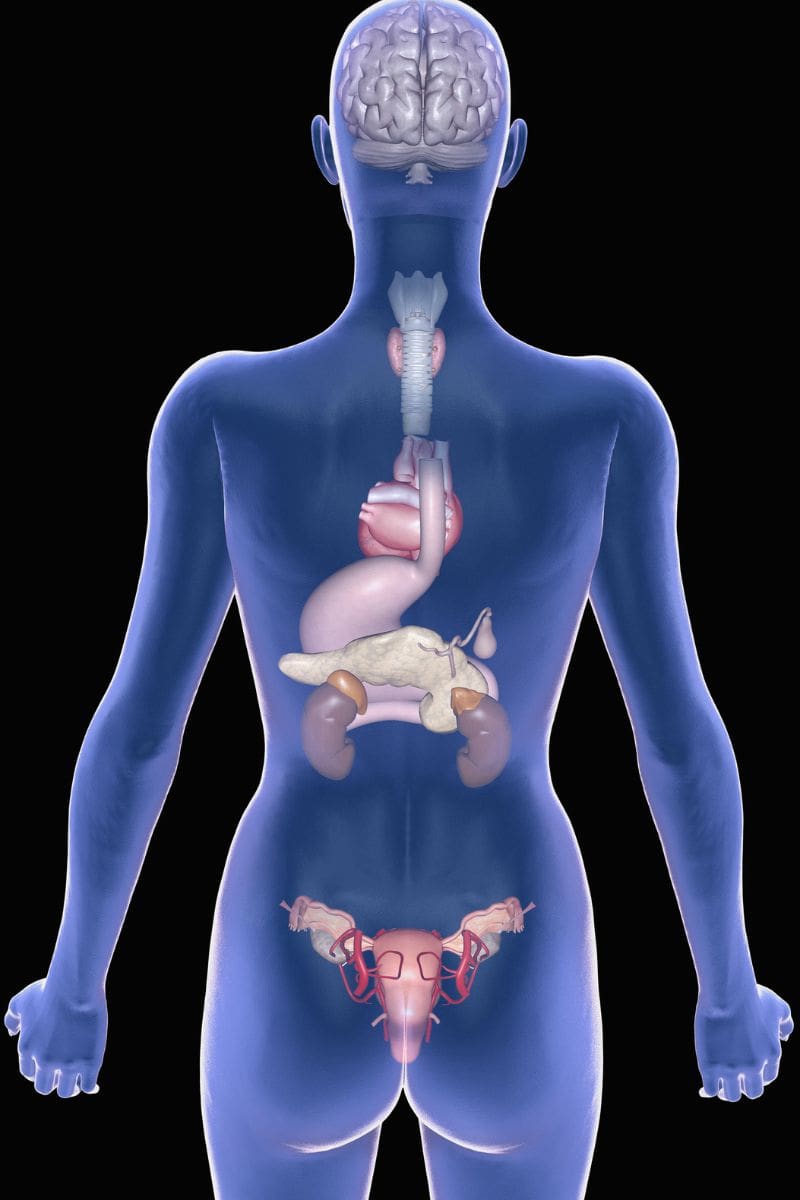What happens to your hormones when you lose weight?
Embarking on a weight loss journey can bring about changes in your hormone levels.
Losing weight often results in decreased levels of leptin and insulin, while ghrelin levels tend to increase. These hormonal shifts can have a significant impact on your appetite and overall weight management.
Leptin, often referred to as the “satiety hormone,” helps regulate energy balance by inhibiting hunger. When its levels decrease, you might feel hungrier and find it more challenging to control your food intake. Insulin, on the other hand, plays a critical role in regulating blood sugar levels and managing energy storage. Reduced insulin levels can lead to improved insulin sensitivity, which may be beneficial for those with insulin resistance.
As for ghrelin, known as the “hunger hormone,” it stimulates appetite and promotes food intake. An increase in ghrelin levels can make you feel hungrier and make it harder to maintain weight loss over an extended period.
These hormonal changes may seem daunting, but understanding their influence on your body can help you develop strategies to maintain your weight loss progress. By incorporating a balanced diet, regular physical activity, and stress management techniques, you can create a sustainable lifestyle that keeps your hormones in check and supports long-term weight management.
How do you activate fat-burning hormones?
To activate fat-burning hormones, you can adopt a combination of lifestyle changes, including exercise, nutrition, sleep, and stress management:
Exercise:
Engage in regular physical activity, particularly high-intensity interval training (HIIT). HIIT involves alternating between short bursts of intense exercise and brief periods of rest or low-intensity activity. This workout style stimulates fat-burning hormones like growth hormone and adrenaline.
Nutrition:
Consume a diet high in protein and low in carbohydrates to activate fat-burning hormones and promote weight loss. Protein-rich foods help build and maintain muscle mass while increasing satiety, and a lower carbohydrate intake encourages your body to use fat as its primary fuel source.
Sleep:
Get enough sleep, as inadequate rest can disrupt hormonal balance and negatively impact your body’s ability to burn fat efficiently. Aim for 7-9 hours of sleep per night to support optimal hormone function.
Stress management:
Manage stress effectively through relaxation techniques, meditation, or yoga. Chronic stress can lead to hormonal imbalances that hinder weight loss efforts and may cause your body to store fat.
By incorporating these lifestyle changes, you can activate fat-burning hormones, making it easier to lose weight and maintain a healthy weight in the long run.
What are some common medications used for weight loss and how do they affect hormones?
Weight loss medications often work by targeting hormones like leptin, ghrelin, and insulin, helping to promote weight loss and curb appetite.
Some of the more popular and well-known weight loss medications include phentermine & Contrave. Like all medications, they can have serious side effects, and it’s essential to use them under the guidance of our endocrinology specialists at ISMC, Dr. Yoges.
The Connection Between Stress, Hormones, and Weight Loss
Chronic stress can play havoc on your hormones, particularly cortisol, which is known to promote fat storage and increase appetite. Continual stress can also lead to disrupted sleep patterns, which can negatively affect hormonal balance and contribute to weight gain.
To support hormonal balance and healthy weight management, it’s essential to manage stress effectively. Some meditation techniques, exercise, and relaxation can help you keep stress levels in check and maintain overall well-being.
At ISMC, our endocrinology specialists, including Dr. Yoges, can provide expert guidance on how to manage your hormones effectively and ensure that your weight loss journey is tailored to your individual needs. They will help you explore various weight loss medications, if appropriate, and provide support in managing stress and maintaining a healthy hormonal balance.
How can lifestyle changes help to balance hormones and support weight loss?
Lifestyle changes, including regular exercise, healthy eating, and stress management, can have a significant impact on optimizing hormonal balance and supporting weight loss. Our endocrinology specialists at ISMC can help guide you through these lifestyle changes to ensure the best results for your individual needs. With a keen interest in the sub-speciality of female hormones and weight loss, our endocrinologists will ensure they recommend the right treatment, whether that be medication, exercise or a combination of both.
Exercise plays a crucial role in activating fat-burning hormones and improving insulin sensitivity. Engaging in regular physical activity, especially a combination of aerobic exercises and strength training, can help you achieve better hormonal balance and enhance weight loss efforts.
A healthy diet is equally important for supporting hormonal balance and weight loss. Consuming a diet rich in protein, fiber, and healthy fats, while minimising processed foods and refined sugars, can create an environment that allows your hormones to function optimally. Our endocrinology specialists at ISMC can provide personalized nutritional advice to help you make better dietary choices.
Stress management is another essential aspect of maintaining hormonal balance and healthy weight management. Techniques such as meditation, yoga, and deep breathing exercises can help to reduce cortisol levels, combat the negative effects of stress on your hormones, and support overall well-being.




